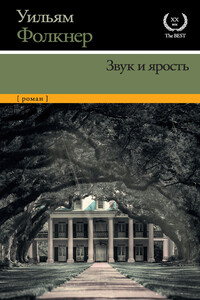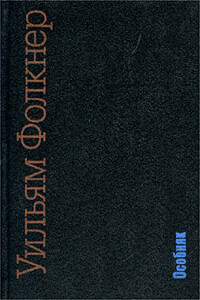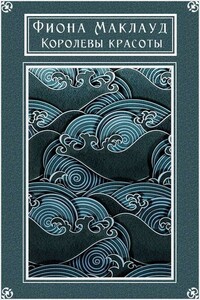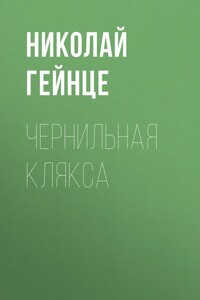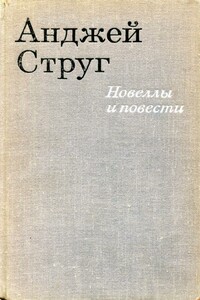|
| 'Ellen and the aunt remembered this too. | Эллен и тетка тоже об этом помнили. |
| The aunt did. | Тетка во всяком случае. |
| Being a woman, she was doubtless one of that league of Jefferson women who on the second day after the town saw him five years ago, had agreed never to forgive him for not having any past, and who had remained consistent. | Будучи женщиной, она, без сомнения, принадлежала к лиге джефферсонских женщин, которые еще пять лет назад, на второй день после его появления в городе, решили, что никогда не простят ему отсутствие прошлого, и с тех пор непреклонно стояли на своем. |
| Since the marriage was now a closed incident, she probably looked upon it as the one chance not only to secure her niece's future as his wife, but to justify the action of her brother in getting him out of jail and her own position as having apparently sanctioned and permitted the wedding which in reality she could not have prevented. | Поскольку свадьба была теперь вопросом решенным, она, вероятно, считала ее единственной возможностью не только обеспечить будущее племянницы в качестве его жены, но и оправдать поступок брата, вызволившего его из-под ареста, а также и свое собственное положение - ведь она, по всей видимости, разрешила и одобрила свадьбу, хотя на самом деле просто не могла ее предотвратить. |
| It may have been for the sake of that big house and the position and state which the women realized long before the men did that he not only aimed at but was going to attain. | Возможно, все это делалось именно ради большого дома, ради положения и помпы, которых он (что женщины поняли задолго до мужчин) не только домогался, но и твердо решил добиться. |
| Or maybe women are even less complex than that and to them any wedding is better than no wedding and a big wedding with a villain preferable to a small one with a saint. | Но, быть может, женщины еще много более примитивны, и для них любая свадьба лучше, чем никакая, а пышная свадьба и жених-злодей предпочтительнее скромной свадьбы и жениха-святого. |
| 'So the aunt even used Ellen's tears; and Sutpen, who probably knew about what was going to happen, becoming as the time drew near graver and graver. | Поэтому тетка даже пустила в ход слезы Эллен, а Сатпен, который, вероятно, знал, к чему идет дело, с приближением назначенного срока становился все мрачнее и мрачнее. |
| Not concerned: just watchful, like he must have been from the day when he turned his back upon all that he knew-the faces and the customs-and (he was just fourteen then, he told your grandfather) set out into a world which even in theory he knew nothing about, and with a fixed goal in his mind which most men do not set up until the blood begins to slow at thirty or more and then only because the image represents peace and indolence or at least a crowning of vanity. |

